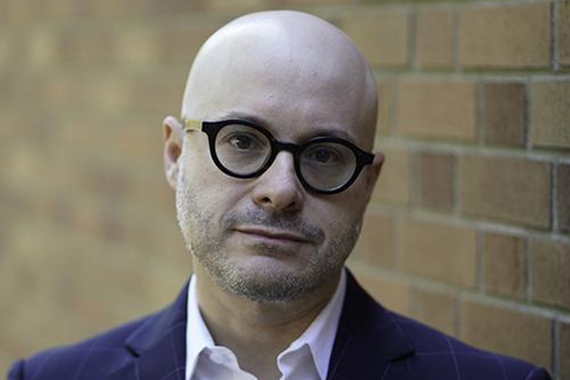Motivations for Volunteerism
The United States is a nation made up of volunteers. News and Tribune, “STAWAR COLUMN: Focusing on humanity or ourselves?” reports that volunteerism in the US peaked between 2003 and 2005 with 28.8% of Americans reporting that they had volunteered. Currently, that number is at 25.3% with about 1 in 4 adults volunteering and 2 in 3 adults routinely helping their neighbors and others in their communities.
Dr. Mark Snyder, who has spent several decades researching volunteerism, shares in the article that he was initially surprised about how many adults volunteer, citing the time commitment and emotional investment it takes. In research following volunteers over the source of their service, Snyder and his longtime collaborator, Pitzer University psychologist (and University of Minnesota PhD alumnus) Allen Omoto, identified a set of primary motivations for volunteering, including expression of values; concerns for the community; increasing self-esteem; need to understand others; and personal development. These motivations help to explain why people become volunteers and why they sustain their efforts over time.
Snyder believes that, from a practical standpoint, these motivations can help organizations to understand who volunteers and why, improve their recruitment and retention efforts, and optimize the effectiveness of their volunteer programs.
Mark Snyder, PhD, McKnight Presidential Chair in Psychology, and Director of the Center for the Study of the Individual and Society, in the Department of Psychology at the University of Minnesota.


